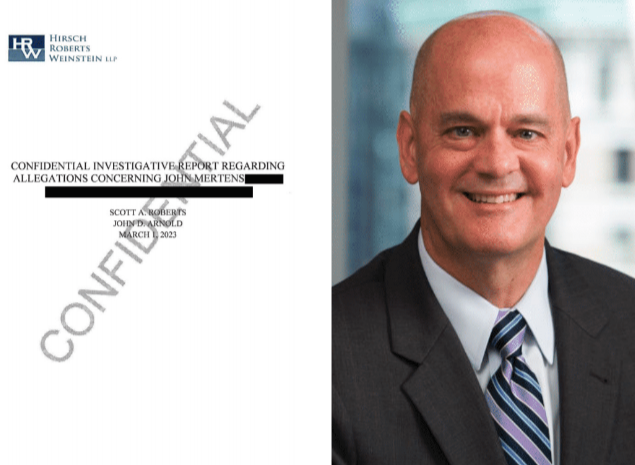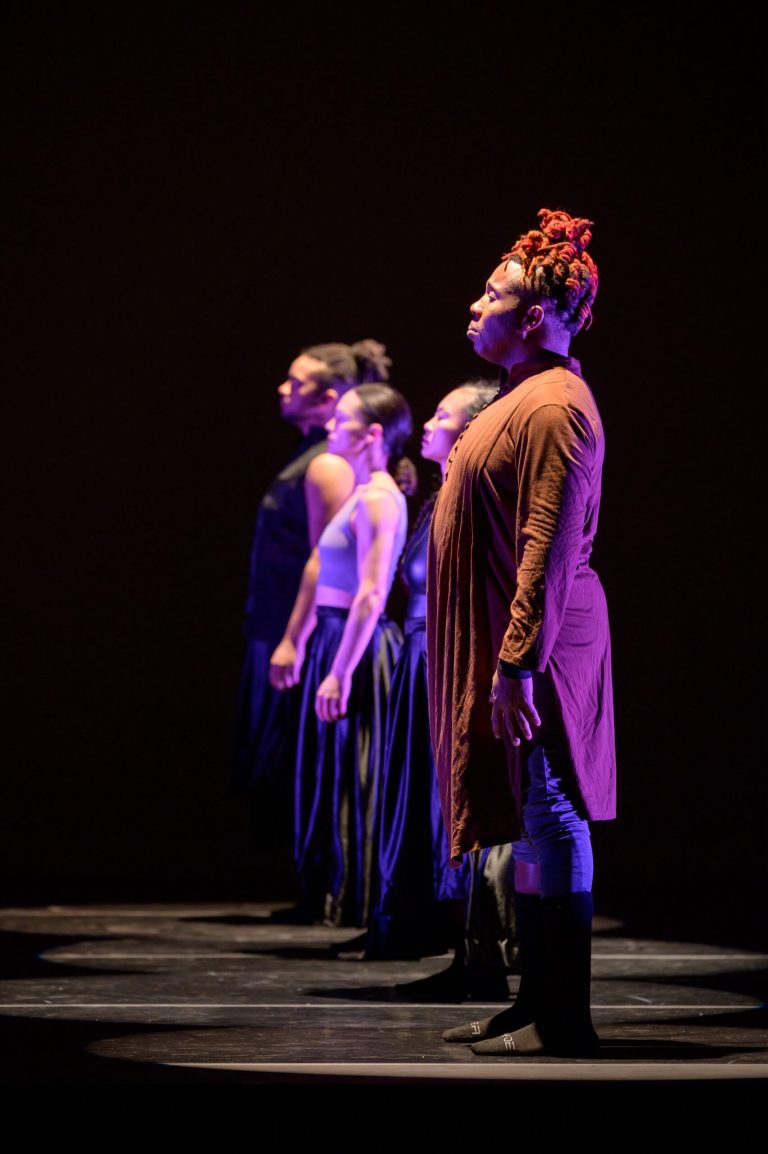Olivia Silvey ’25
Editor-in-Chief
On March 8, a previously confidential report from lawyer Scott Roberts was filed as an exhibit in the ongoing lawsuit against Trinity College and Dean of Faculty Sonia Cardenas. Roberts was enlisted by the Office of Diversity, Equity, and Inclusion (DEI) to investigate alleged complaints against professor John Mertens, who is the suit’s plaintiff. The complaints DEI directed Roberts to investigate stem from the 2021 climate assessment of the engineering department, conducted by another outside lawyer Kevin Kinne and initiated by the College. The department climate assessment involved interviews between
Kinne and members of the department to better understand the work environment.
The 10-month Roberts investigation surfaced no new allegations against Mertens, only a full, formal investigation into complaints from 2017-2019 informally resolved by College administration. Many of these informal resolutions were known by Cardenas before the 2021 climate assessment and subsequent 2022 meetings with Mertens, where he alleges that she attempted to coerce him into early retirement. At these meetings, Cardenas and then-Assistant Dean of Faculty Takunari Miyazaki refused to share the allegations with Mertens, and offered to not report the findings to DEI if he agreed to retire. The allegations were fully addressed in the Roberts report over a year later. The report deals with two main allegations: the first deals with Mertens’ alleged discrimination against students, and the second with his alleged discrimination against engineering faculty. Lawyers concluded that the allegations were unsubstantiated.
When asked why the complaints were not fully investigated until the Roberts report and if DEI typically hires outside lawyers to conduct these types of investigations, Vice President of Strategic Marketing and Communications Hellen Hom-Diamond stated, “The College does not intend to litigate the lawsuit in the press. The College’s position on the claims will be spelled out in detail when it files its official response in court.”
Regarding the student complaints, the report states that “with certain exceptions, the only first-hand allegations of discriminatory conduct by Professor Mertens towards students came from Ms. Roe,” a student who graduated in 2018 and whose name is fully redacted. The report details the multiple avenues taken by Ms. Roe to address Mertens’ alleged “disrespectful, demeaning and mocking behaviors toward women, minority and international students.” Ms. Roe met with College administration, including former Dean of Academic Affairs Melanie Stein, multiple times, but there were no formal investigations until the Roberts report beginning in 2022. The report consistently stated that “the investigators are unable to conclude by a preponderance of the evidence” that Mertens exhibited discriminatory behavior, exonerating him from Ms. Roe’s allegations. The allegations involving other engineering faculty members — whose names remain in the report — are also not substantiated, according to Roberts.
Other exhibits filed in the lawsuit include previously referenced documents such as the Academic Freedom Committee’s investigation findings, the Ombud’s findings and relevant College policies. On March 14, the defendants filed an appearance, which is the official response from those being sued. Discovery is expected to happen next, which is when both sides introduce and are informed of witnesses and evidence, after the judge sets the schedule (which includes the trial date). The College and Cardenas have hired lawyer Jonathan Sterling from national firm Carlton Fields; Sterling was involved in a 2017 academic integrity case against Trinity in which the plaintiff (a student) was denied anonymity and a sealed affidavit. Mertens has hired lawyer Jacques Parenteau of Connecticut firm Madsen, Prestley & Parenteau. In 1999, Parenteau represented Leslie Craine, a former Trinity faculty member who sued on allegations of gender and age discrimination, misrepresentation and breach of contract after being denied tenure. Parenteau won a $12.7 million verdict, which is the “largest jury award ever in an academic tenure case in the United States” according to the New York Times.
This is an ongoing story.







I hope people read the report. What makes it all even more shocking is this all happened without a person filing a complaint, an egregious violation of the college’s written Non-Discrimination Policy, which AVP of DEI Pamela Whitley makes clear on the front page of the October 18, 2022 Tripod:
“According to Whitley, there can be no action taken by her office until a formal complaint has been made.” “For this formal complaint to reach Whitley, first, someone must make a verbal or written complaint to an appropriate college official.”